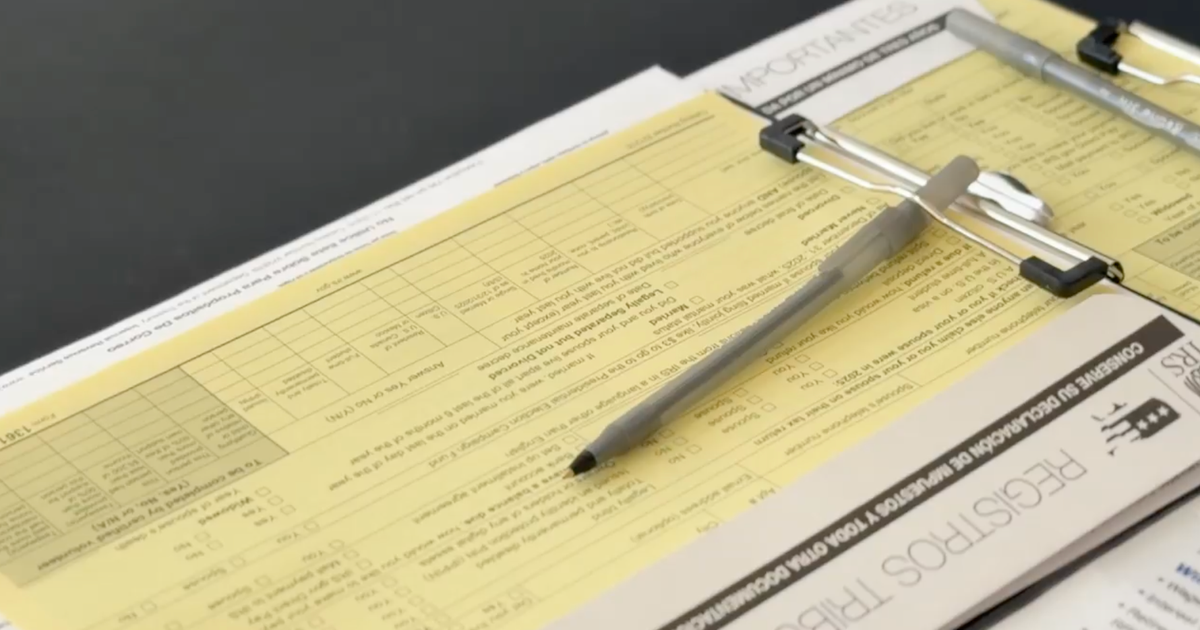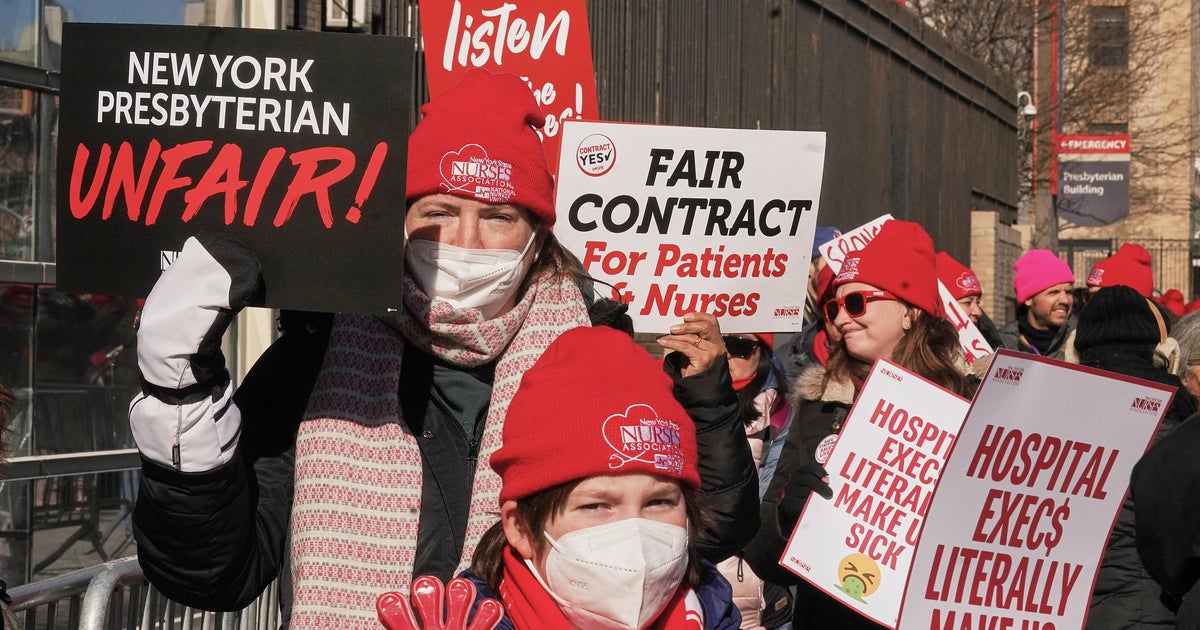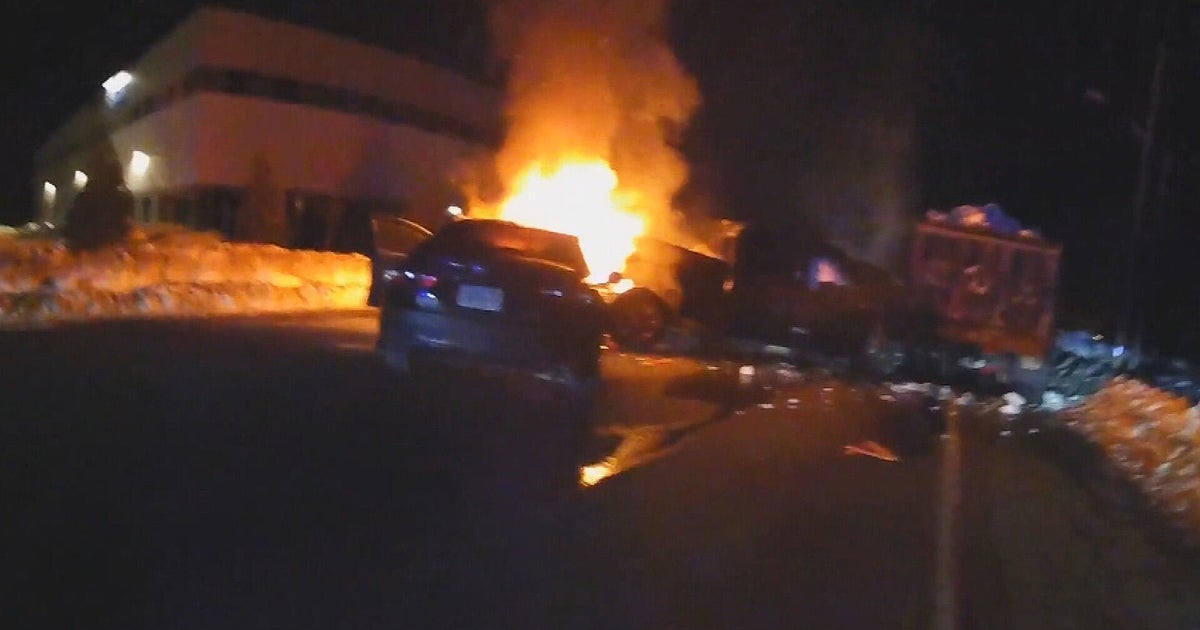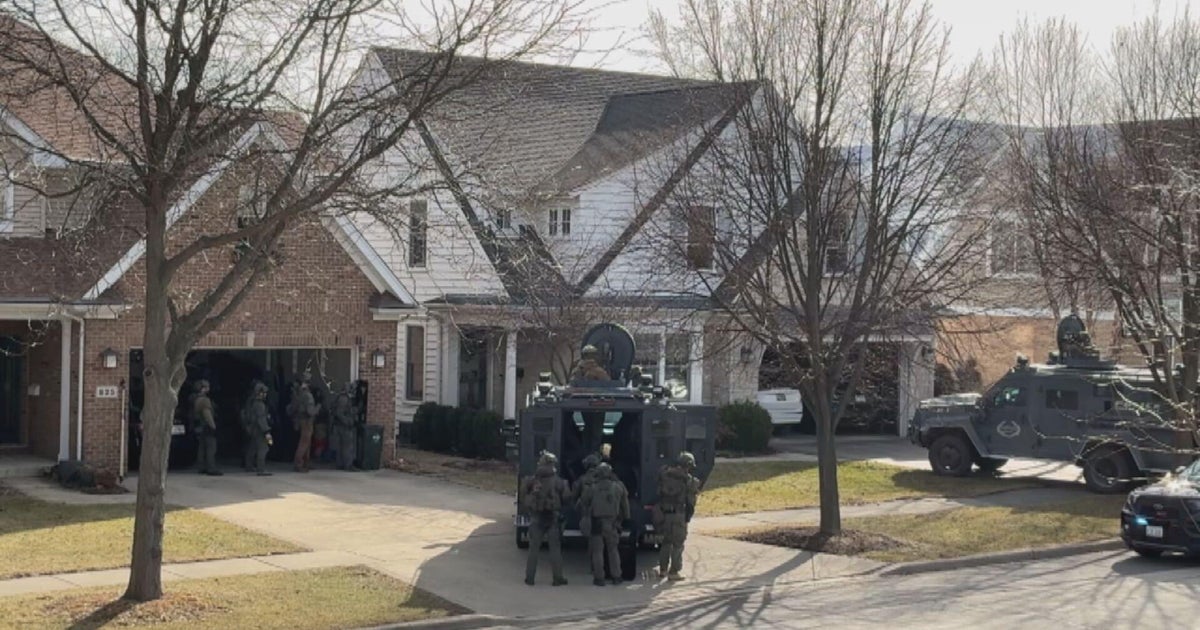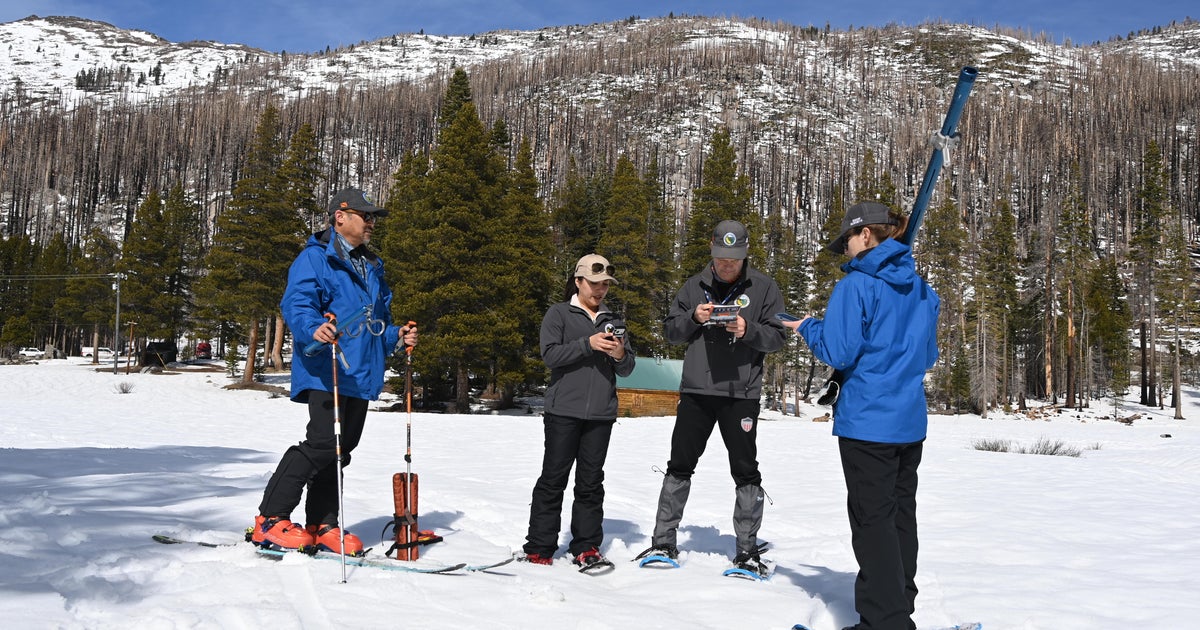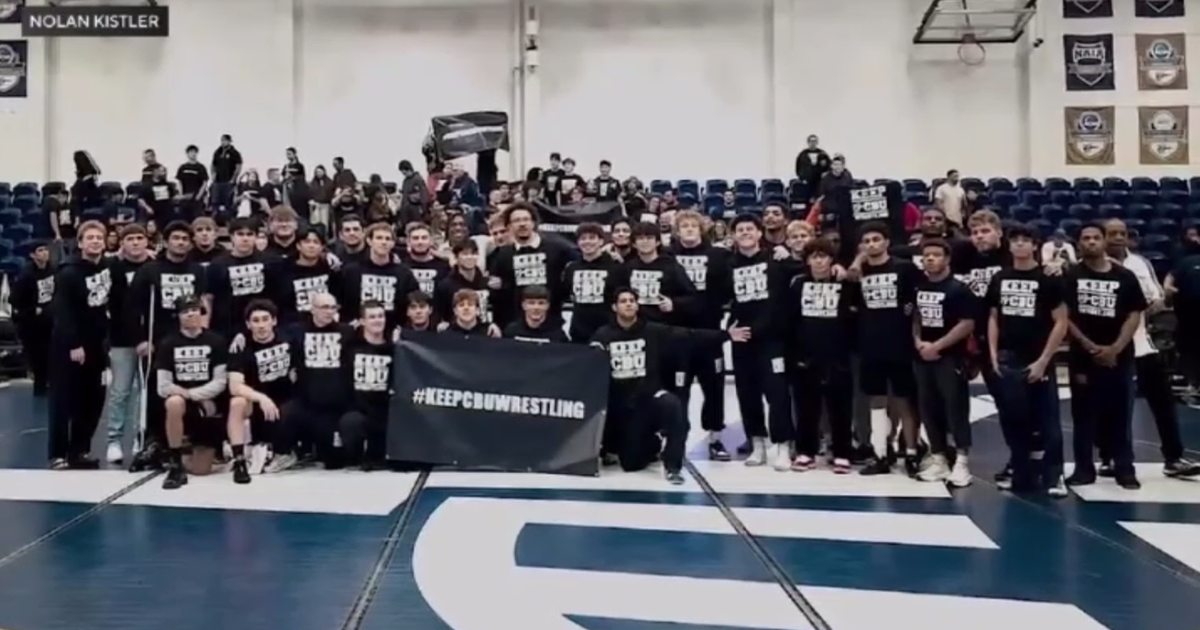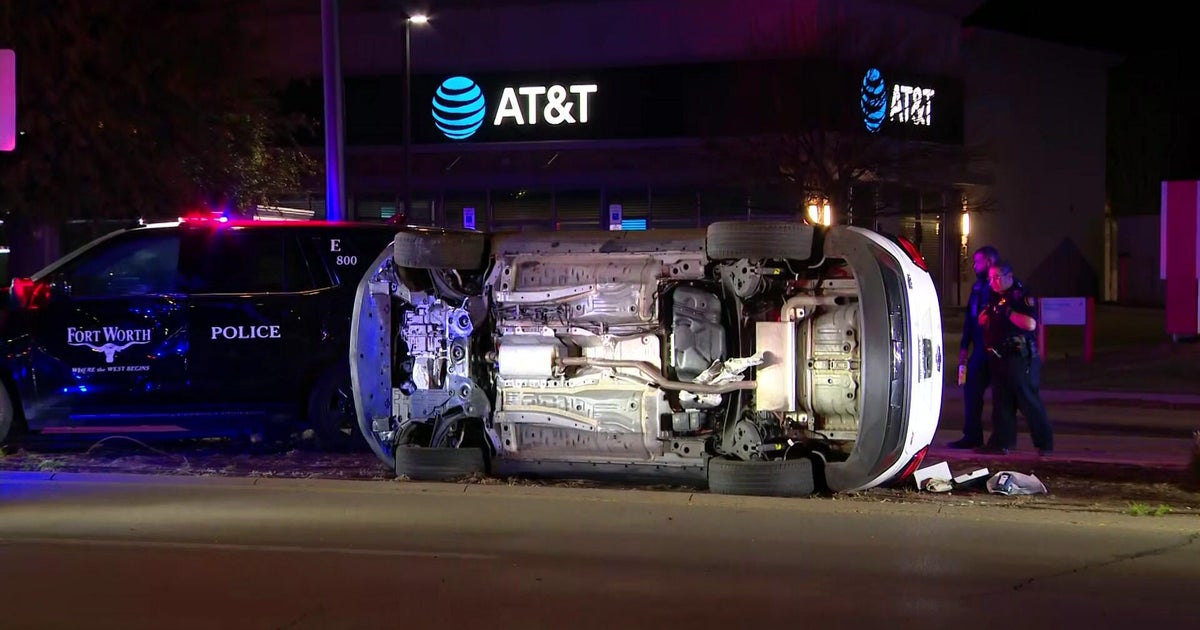MedStar Nurse Triage Conserves Resources & Saves Patients $
FORT WORTH (CBSDFW.COM) - When you call MedStar in Fort Worth for medical assistance, dispatchers may or may not send an ambulance to your location.
"This is Susan. I'm the registered nurse here at MedStar," a caller is told. "Okay ma'am we're gonna go through some questions and see if there may be more appropriate care, rather than going to the ER by ambulance."
Last year the emergency medical service began a Nurse Triage Program, that screens non-critical calls and in about half the cases is able to quickly determine an ambulance does not need to be sent out for the problem.
"Well, I go through and make sure they don't have any major symptoms and that it's really not an emergency," RN Susan Pelton explained.
In some cases members of nurse triage can arrange to get the caller a cab ride to a doctor's office instead of an ambulance ride to the hospital. The result saves emergency response resources, and gets the caller medical attention while saving them thousands of dollars.
But first things first -- Pelton says you have to realize the mindset of the caller. "Even though it's really not an emergency; it's an emergency to them. So that's what they're thinking is, 'I have an emergency and I need help and I want help now.'" She said MedStar workers take the time to explain, "…that going to the emergency room is not always the best answer. It's a long wait sometimes. It's a big bill."
A big bill indeed! MedStar spokesman Matt Zavadsky explained that until now minor medical situations had to be handled like true emergencies, and while the patient would receive medical attention, it came with a price tag. "Previously those [non-emergency calls] would have resulted in an ambulance response and then those families would have gotten a $1,500 ambulance bill and a $2,000 to $3,000 emergency department charge."
Pelton said people are genuinely surprised. "When we offer something like this they're like, 'Wow. You really can help me that way?' They're very appreciative."
Zavadsky says Nurse Triage is seeing tremendous results. "One of the things that has surprised us the most is the customer satisfaction. Every caller who receives an alternate disposition gets a survey that we do a week later."
Currently Nurse Triage personnel are only available Monday through Friday from 9 a.m. until 5 p.m., but the program will begin running 24 hours a day, seven days a week starting this Fall.
Also Check Out:
- Plano Police Warn Hispanic Men Of Violent Attacks
- Disabled Weatherford Man Files Lawsuit Against Six Flags
- Escaped Prisoner Shot & Killed By Law Enforcement
- Dueling Bobcats Caught On Video In Carrollton
- Civil Rights Complaint Filed In Pencil Shavings Incident
MOST VIEWED GALLERIES
- PHOTOS: Your Pet Pictures
- PHOTOS: 105.3 The Fan In New Orleans - Day 5
- PHOTOS: Top 10 Cars We Miss
